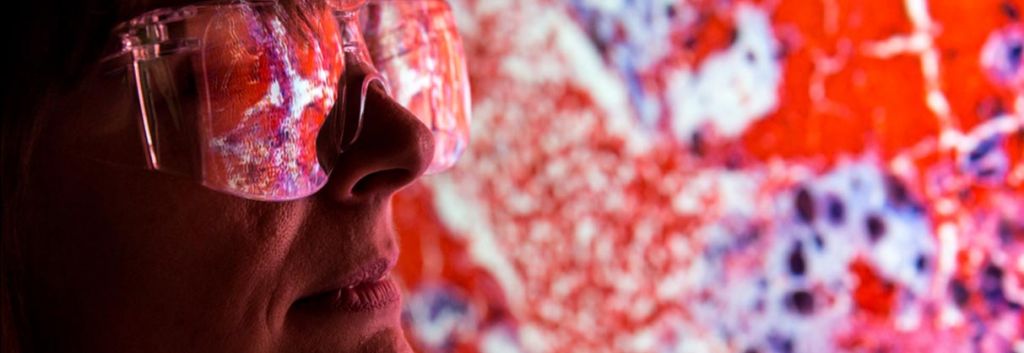A new success for personalized medicines against cancer! AstraZeneca and Qiagen’s collaboration has achieved a major milestone after receiving the FDA’s approval of Iressa, a first-line treatment for a common form of lung cancer. The drug candidate is paired with Qiagen’s therascreen EGRF test as a companion diagnostic test.
There is no doubt: the future of medicine will rely on personalized treatments. However, this evolving field is still far from being mastered. Some patients react positively to treatments whereas others don’t, and the reasons are not well understood. Predicting the effectiveness of a certain therapy is thus of great significance to save time, money and, even more importantly, avoid inconvenient secondary effects. It’s because of this that the companion diagnostic is essential to the safe and effective use of the drug. They go together.
Companion diagnostics are medical devices that help doctors decide which treatments and which dosage to give, tailored specifically to the patient. Because the companion diagnostic test is designed to be paired with a specific drug, the development of both products requires a close collaboration between the developers. Qiagen and AstraZeneca have been working intimately to develop Iressa and its test.
The drug was previously only approved for use to patients who did not respond to chemotherapy, an oral medication that targets and blocks the activity of a tyrosine kinase. Specifically, the activity of EGFR-TK, an enzyme that regulates intracellular signaling pathways implicated in cancer cell proliferation and survival.
Qiagen’s test will guide the use of AstraZeneca’s therapy, which represents a further milestone in personalized medicine for lung cancer patients. The test determines certain mutations in the gene EGFR, which ensures a better efficacy of Iressa in patients suffering from Non-small-cell lung carcinoma.
Joseph Schlessinger, who is considered the father of personalized therapies against cancer, especially those targeting tyrosine kinases like AstraZeneca’s, declared his optimism about the future of cancer treatments in a recent interview in El Pais. Thanks to the current understanding of molecular mutations and molecular targeting, companion diagnostic tests are becoming a reliable tool that is about to change the life of thousands of cancer patients around the world.





